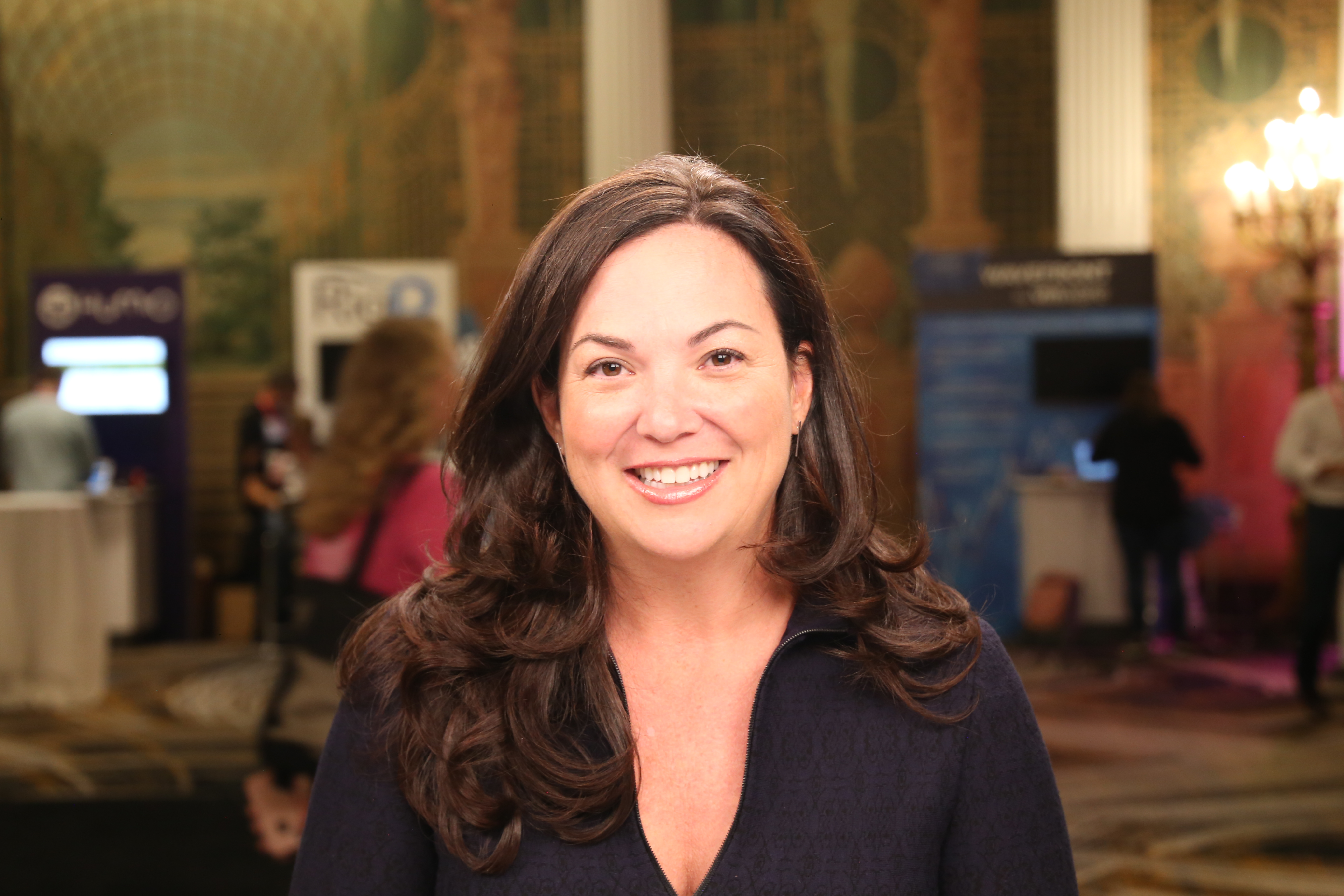 INFRA
INFRA
 INFRA
INFRA
 INFRA
INFRA
From its beginning as a time management app for developer operations, PagerDuty Inc. has been user-centric, focusing on the needs of the operations team. Now the company is applying the power of artificial intelligence to its stockpile of event data, enabling real-time decision making at ground level.
“Our focus is really on people and teams,” said Jennifer Tejada (pictured), chief executive officer of PagerDuty. “How do you empower teams closest to the action, closest to where the proverbial stuff hits the fan?”
Tejada spoke with Jeff Frick (@JeffFrick), host of theCUBE, SiliconANGLE Media’s mobile livestreaming studio, during the PagerDuty Summit in San Francisco. Frick and Tejada discussed the growth and evolution of PagerDuty and the importance of fast, on-the-ground incident management. (* Disclosure below.)
Incident management is critical in a world where yesterday’s cutting-edge tech is today’s norm, and unforgiving users demand ever higher performance from software applications.
“The technology community is now responsible for delivering the perfect brand experience digitally every time, and they’ve got to be empowered to do that with the right tools and services,” Tejada said.
A decade of data gathered from operations in areas such as application performance management environments, cloud services, and ticketing platforms gave PagerDuty the foundation on which to evolve from a specific-purpose application into a full digital operations management platform. Geared toward agile incident management, machine learning and artificial intelligence analyze digital signals to gain intelligent and actionable insights, Tejada explained.
“Not only do we correlate the signals and turn them into intelligent insights, but we can then route those signals intelligently to the right people and orchestrate the actual physical work,” said Tejada.
Empowering teams with information, giving them a clear understanding of goals and time frames plus context throughout the journey toward those goals is extremely critical, according to Tejada. This gives individual members the information and power to make intelligent decisions without constant leadership oversight.
“In fact, it means that the most important decisions are getting made where the person’s closest to our end customer, the user,” she said. “We really are putting ourselves in a position not only to be the platform that serves a real-time business and orchestrates teams as sort of the platform for action, but, importantly, becomes the trusted engagement for automation or engagement of autonomy for a fast-moving business in the future.”
Watch the complete video interview below, and be sure to check out more of SiliconANGLE’s and theCUBE’s coverage of the PagerDuty Summit 2018. (* Disclosure: TheCUBE is a paid media partner for PagerDuty Summit. Neither PagerDuty Inc., the event sponsor, nor other sponsors have editorial control over content on theCUBE or SiliconANGLE.)
THANK YOU